The draft Law on Special Consumption Tax needs more comprehensive impact assessments to develop appropriate policies and strengthen investors' psychology and confidence in Vietnam's business environment.

“The increase in Special Consumption Tax on alcohol and beer products may indirectly impact 24 industries in the economy . Currently, the Drafting Agency has not yet assessed the impact of the tax increase on other economic sectors, including accommodation and food services…”
At the seminar “Tax policy towards easing business burdens,” organized by the People’s Representative Newspaper on August 30, Dr. Nguyen Minh Thao, Head of the Business Environment and Competitiveness Department, Central Institute for Economic Management (CIEM), emphasized the above content and proposed that the drafting agency should have a comprehensive assessment of the impact of tax increases on other sectors in the economy.
"Cascading" impact
This year, the draft Law on Special Consumption Tax (amended) is expected to be submitted to the National Assembly for comments at the October Session and approved at the May 2025 Session. One of the important contents of the draft Law is to increase the special consumption tax rate on alcohol and beer products continuously from 2026 and by 2030, the tax rate will be up to 100%.
Specifically, the draft proposes two tax options for alcohol and beer, and the drafting agency, the Ministry of Finance, is leaning towards option 2, in which alcohol with an alcohol content of 20 degrees or more will be taxed at 80% in 2026, gradually increasing to 100% in 2030, and alcohol with an alcohol content of less than 20 degrees will be taxed at 50%, then increasing to a maximum of 70%, the tax rate on beer will also gradually increase from 80% to 100%.
Dr. Nguyen Minh Thao emphasized that the goal of special consumption tax is to regulate consumer behavior, on that basis, regulate production and consumer behavior towards protecting health and the environment. In addition, the ultimate goal is to collect State budget.

In view of that goal, Ms. Thao supports the need to increase the special consumption tax on alcohol and beer, while regulating consumer behavior towards products that are not beneficial to health if abused. However, Ms. Thao still has to emphasize: "Any policy when issued needs to be comprehensively evaluated from many aspects," and expressed that the assessment of the impact of the draft Law on Special Consumption Tax (amended) this time is still quite sketchy, not clearly stating the real impact of the proposed regulations.
According to Ms. Thao, when choosing to invest in a certain field in Vietnam, investors often have a long-term vision of up to several decades. And, when the policy for an industry changes, it will directly affect businesses in that industry and spread to related industries. Therefore, investors in many other industries will also look at that policy to assess the risks. Ms. Thao emphasized that this will affect the investment attraction of the economy. It is necessary to assess the comprehensive impact to come up with reasonable policies as well as to strengthen the psychology and confidence of investors in Vietnam's business environment.
From an objective perspective, economist Phan Duc Hieu said that increasing the special consumption tax on alcohol and beer is necessary to institutionalize the policies and requirements of the Party and the State and follow the general trend. Taxation by the relative tax method is also suitable for the current context of Vietnam.
However, Mr. Hieu also agreed with the view that the Drafting Agency needs to have a comprehensive impact assessment, because increasing taxes will increase product prices, reduce consumer behavior, leading to reduced production, even stopping production and leading to employment problems, related industries will also be affected.
The consensus in support of the goal of amending the Law on Special Consumption Tax is to ensure the health of consumers, help increase resources for economic development and Ms. Chu Thi Van Anh, Vice President and General Secretary of the Vietnam Beer, Alcohol and Beverage Association (VBA), added some notes to the Drafting Agency about the possibility of increasing difficulties for businesses in the beverage industry after the "struggle" from the COVID-19 pandemic.
According to a report from the Vietnam Beer, Alcohol and Beverage Association, beer and alcohol factories are contributing over VND60,000 billion to the state budget each year. In addition, this industry has millions of workers working directly in factories and related industry chains (logistics, services, etc.).
Regarding the current state of the industry, Ms. Van Anh shared that many large enterprises and corporations have cut their workforce, reduced their scale, and changed their structure to adapt to new conditions. In this context, the special consumption tax increase of up to 100% by 2030 is a very high tax rate. The proposal in the draft has surprised enterprises in the industry as well as related industries and they have not had time to "respond" to fully assess the impact of this tax increase.
“In that context, the Drafting Agency, together with industry associations, experts, and organizations, conducted research to assess the quantitative impact of this tax increase, not only on direct subjects but also indirect subjects,” said Ms. Van Anh.
Extended application schedule
Mr. Phan Duc Hieu said that it is necessary to unify the view that taxing to limit consumption leads to limiting production, not stopping and closing. Because, production can be narrowed, but the scope is still guaranteed to be able to grow, not stopping completely and being eliminated. This is to ensure fairness and harmony.
“The most difficult issue is how to tax? What is the highest level and from which year,” Mr. Hieu emphasized this and said that beer and wine products are different so the tax scenarios need to be different. The common denominator is to set the goal that businesses still maintain production and business effectively and reasonably.
On that basis, Mr. Hieu suggested that the Drafting Agency should consider a more extended tax schedule than the proposal in the draft Law. That is, it should start after 2026, so that businesses have time to change, restructure production and business activities, and adapt to the new tax policy. Regarding tax rates, the Drafting Committee needs to calculate very carefully. For the beer market, only a tax increase schedule should be considered (from 2027) and the increase should not be too sudden leading to people stopping drinking. Because, businesses stopping selling beer will directly affect production and employment. And, zero-degree beer should not be subject to special consumption tax.
Regarding the alcohol market, Mr. Hieu suggested that it is also necessary to consider extending the tax increase schedule from 2027, instead of 2026. Regarding the level of taxation, Mr. Hieu suggested that two issues need to be considered.
One is that the craft alcohol market is currently very large, not to mention the informal alcohol group. If the tax rate increases too high, causing costs to increase too much, alcohol drinkers will turn to craft alcohol products, while the management of this product is limited, making it difficult to ensure quality requirements. Thus, the effectiveness of the tax policy to reduce alcohol consumption will not be achieved, and will even put official alcohol at a disadvantage compared to craft and informal alcohol.
Second, the drafting agency needs to clarify why it divides alcohol above 20 degrees and below 20 degrees to apply different taxes. Because strong alcohol can be consumed less, but it leads to increased use of low-proof alcohol. When a policy is issued, it should not be more favorable to one group than another. Therefore, the division of alcohol content in alcohol needs to be carefully calculated to ensure fairness.
Supporting the proposal to increase the special consumption tax on alcoholic beverages from 2027, Ms. Nguyen Minh Thao added that this tax increase should not be increased annually, as it will be difficult for businesses to predict and adapt effectively. She suggested that the tax could be considered to increase from 2027, then increase again in 2029.
From a business perspective, Ms. Chu Thi Van Anh suggested that accessing advanced policies in the world for reference is necessary, but it is necessary to assess the practical context of Vietnam to propose a suitable roadmap and tax rates.
“We expect the roadmap to be applied from 2027 and increase to a maximum of 80% by 2030, to create conditions for businesses to recover after difficult times,” Ms. Van Anh shared.
To have a scientific basis for this tax increase, the delegates also recommended that the industry and related parties need to assess the resilience of businesses to what extent they will be limited in production but still create jobs and growth for the economy. Specifically, to what extent will businesses be overwhelmed, possibly stop operating and go bankrupt, thereby providing a basis for calculating the increase as well as an appropriate increase roadmap. The delegates also suggested that the State needs to have additional measures, in which increased propaganda is a particularly important solution, so that consumers understand the harmful effects of alcohol and beer if abused, thereby self-regulating consumer behavior to protect their own health./.
Source: https://baolangson.vn/tang-thue-voi-ruou-bia-can-danh-gia-tac-dong-den-cac-nganh-lien-quan-5020223.html


![[Photo] Prime Minister Pham Minh Chinh chairs a Dialogue with businesses and business associations](https://vphoto.vietnam.vn/thumb/1200x675/vietnam/resource/IMAGE/2025/5/31/b606d6f6ff584fa28af9f353c91bf15d)
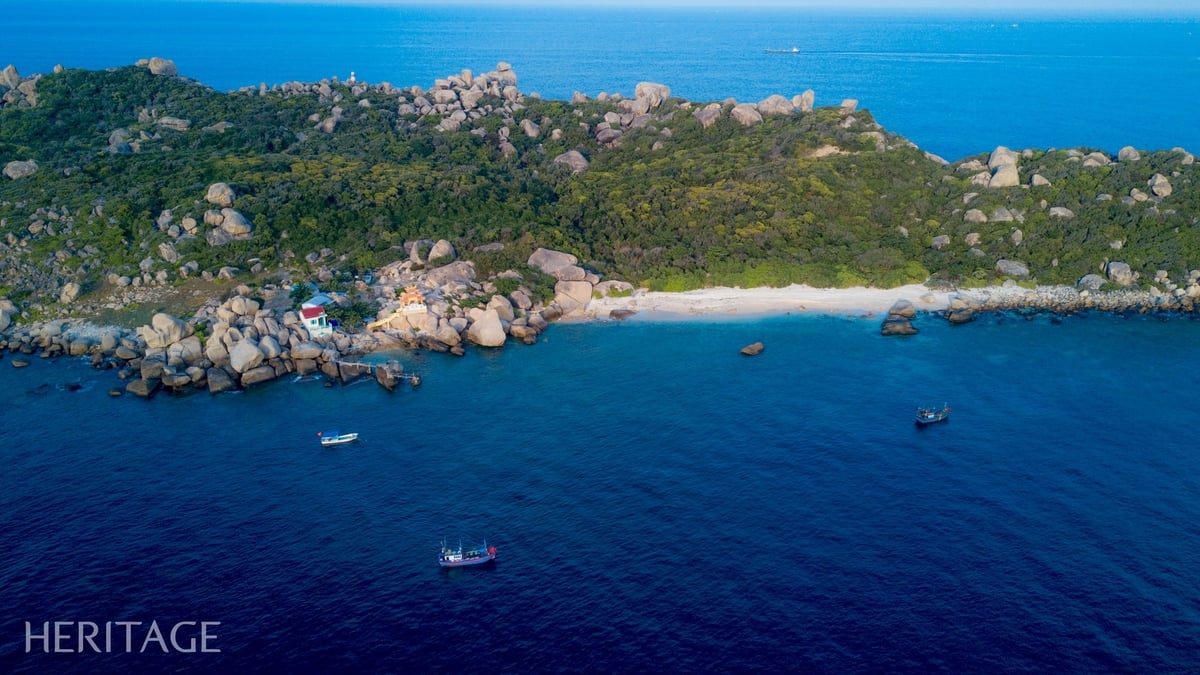

![[Photo] Emotional and proud flag-raising ceremony and military review on Truong Sa island](https://vphoto.vietnam.vn/thumb/1200x675/vietnam/resource/IMAGE/2025/5/31/9b52525fce6f433083cd0a5bfee59f49)

![[Photo] Crane falls on container truck and car at traffic construction site](https://vphoto.vietnam.vn/thumb/1200x675/vietnam/resource/IMAGE/2025/5/31/a8d3ae08da324cfe8ee406174c0eacc4)

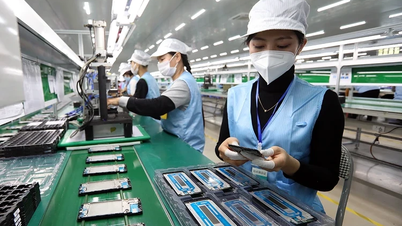


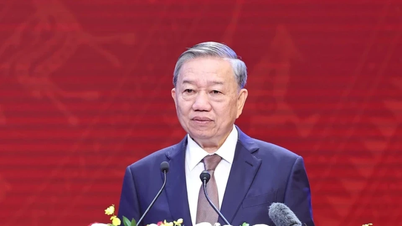

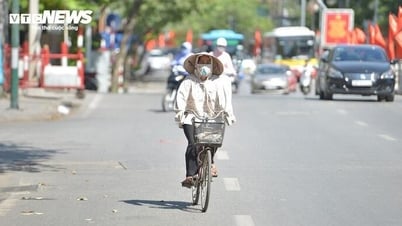



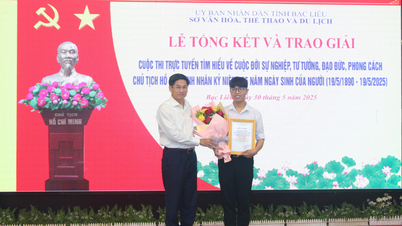
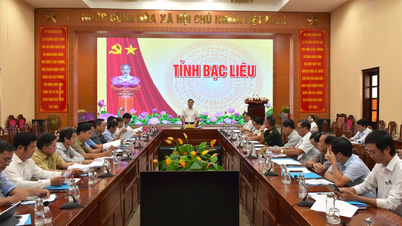








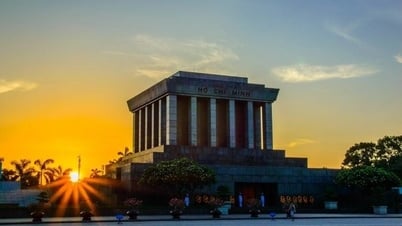












































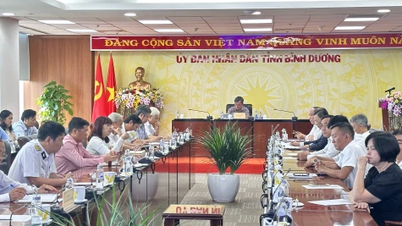

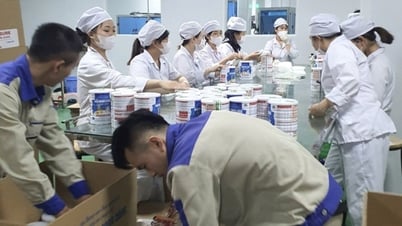



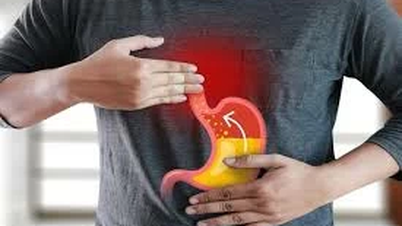

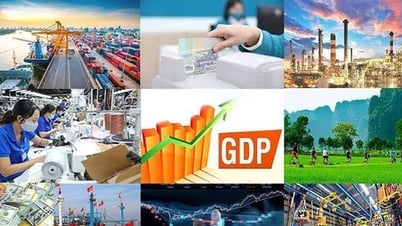

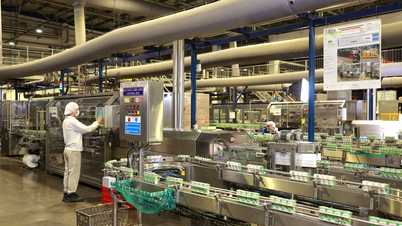













Comment (0)